Southwest Airlines is preparing to launch a travel option common throughout the airline industry — but one not in place at the Dallas-based carrier.
In the coming years, Southwest says it will begin offering red-eye flights from some of its most popular cities.
It will mark the first time the airline has offered the overnight itineraries, which see passengers depart at night in one time zone and wake up (assuming they slept at all) the next morning in another.
The aptly named itineraries are commonplace throughout the industry. In the U.S., scores of flights take off from the West Coast each night en route to the East Coast. The same is true for flights headed to Europe.
But Southwest doesn’t currently offer any red-eyes — and hasn’t regularly flown them historically, either.
Want more airline-specific news? Sign up for TPG’s free biweekly Aviation newsletter.
In the past, technology limitations with the carrier’s booking channels prevented the airline from offering red-eye bookings. After the airline migrated to a new system several years ago, that technological barrier was no longer an obstacle.
From that point, it was, seemingly, only a matter of time before the airline began the move to offer red-eyes, as CEO Bob Jordan hinted during an aviation conference last fall.
“At some point Southwest Airlines will be doing red-eyes. Absolutely,” Jordan confirmed during remarks at the Skift Aviation Conference in November.
Daily Newsletter
Reward your inbox with the TPG Daily newsletter
Join over 700,000 readers for breaking news, in-depth guides and exclusive deals from TPG’s experts
When will Southwest red-eye flights begin?
It’s still not entirely clear when Southwest’s first red-eye flights might take off. The airline still must complete “a wide range of work,” a company spokesperson told TPG on Monday, noting the process could take “a few years.”
Future red-eye routes would likely depart from prime leisure markets “where they would make sense for our customers, and in places where Southwest has a large presence,” the spokesperson said, specifically noting Hawaii and Harry Reid International Airport (LAS) in Las Vegas.
A quick look at Southwest’s route map shows the obvious opportunities. For instance, it flies to more than a half-dozen continental U.S. airports from Daniel K. Inouye International Airport (HNL) in Honolulu alone.
The airport’s online departures board for Monday shows a wide range of late-night departures to the U.S. mainland for American Airlines.
It’s a similar story for United Airlines, Delta Air Lines and Hawaiian Airlines.
But you can see that Southwest’s departures from Hawaii to the U.S. mainland end, on this day, at 3:15 p.m.
The airline envisions up to 50 nightly red-eye flights in the future, TPG contributor Edward Russell was first to report in The Washington Post last week, citing comments by a Southwest executive at the 2024 Routes Americas Conference in Colombia.
Why is Southwest adding red-eye flights?
As for why Southwest is interested in adding red-eye flights to its daily schedule, economics are a big factor.
Red-eye flights help airlines keep their jets in use even during the overnight hours. After all, aircraft don’t make money when they sit still.
“A way to continue to develop your revenue production is to fly our aircraft and utilize them more,” Jordan said at the November conference. “You’re basically producing [capacity] without expending more capital.”
And the need for Southwest to maximize its existing fleet is critical amid 737 MAX delivery delays at Boeing, which saw the carrier move down its 2024 delivery forecast in recent weeks.
Bottom line
Your next trip with Southwest likely won’t feature a red-eye flight, with overnight itineraries likely at least a couple of years away, still. But the carrier has made clear it will add these sleep-depriving flights to its future plans, offering a travel option employed by its competitors for decades.
Related reading:










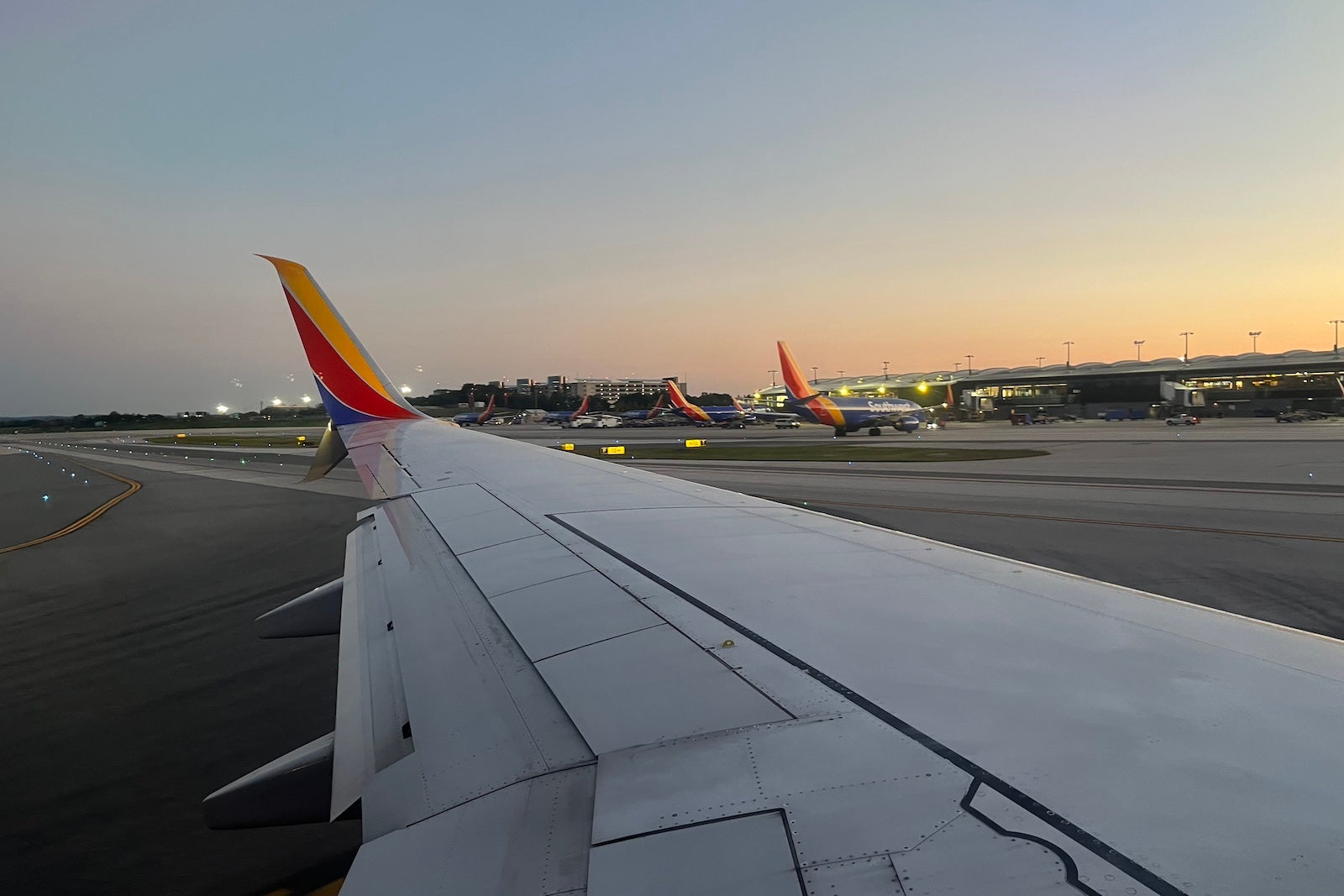
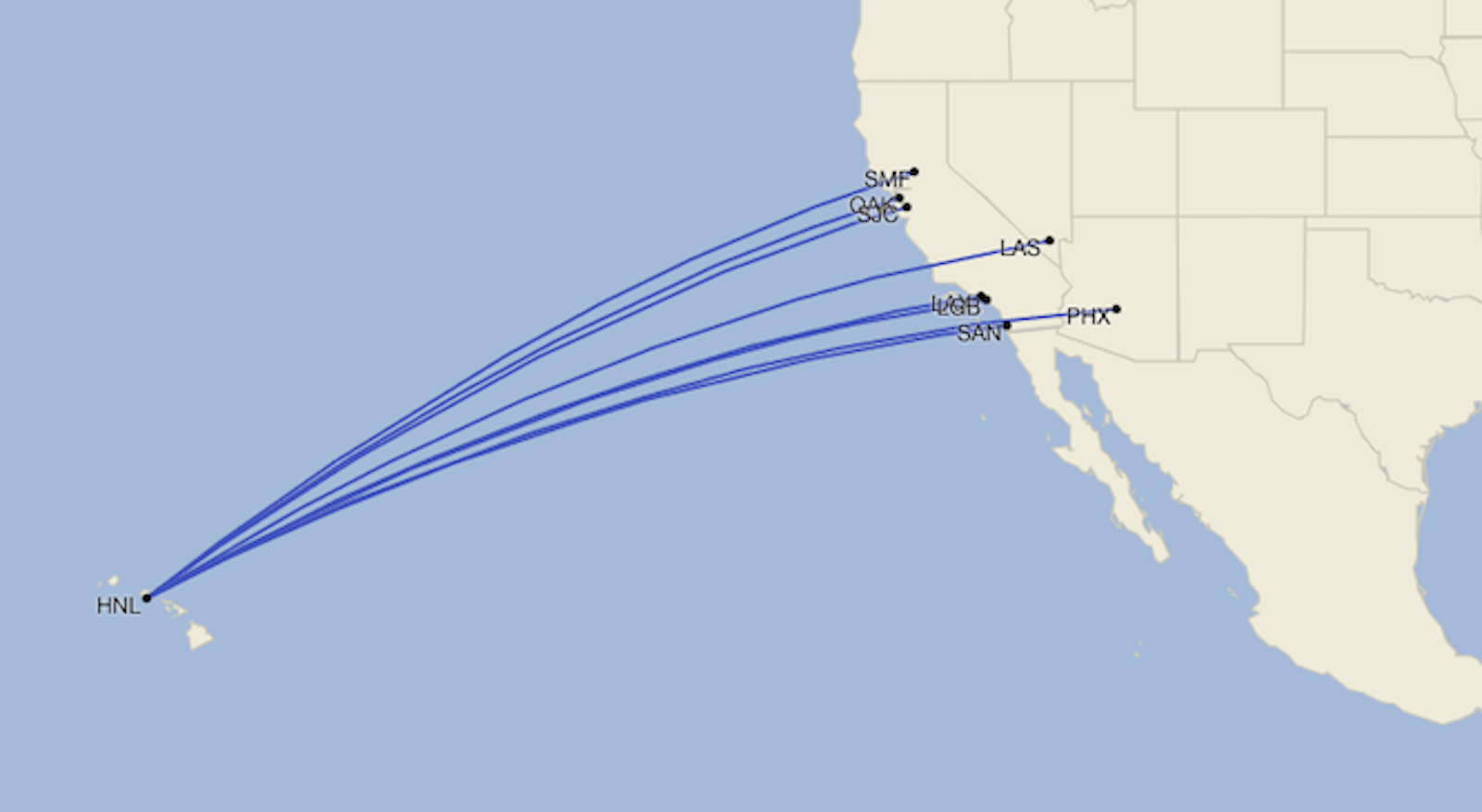

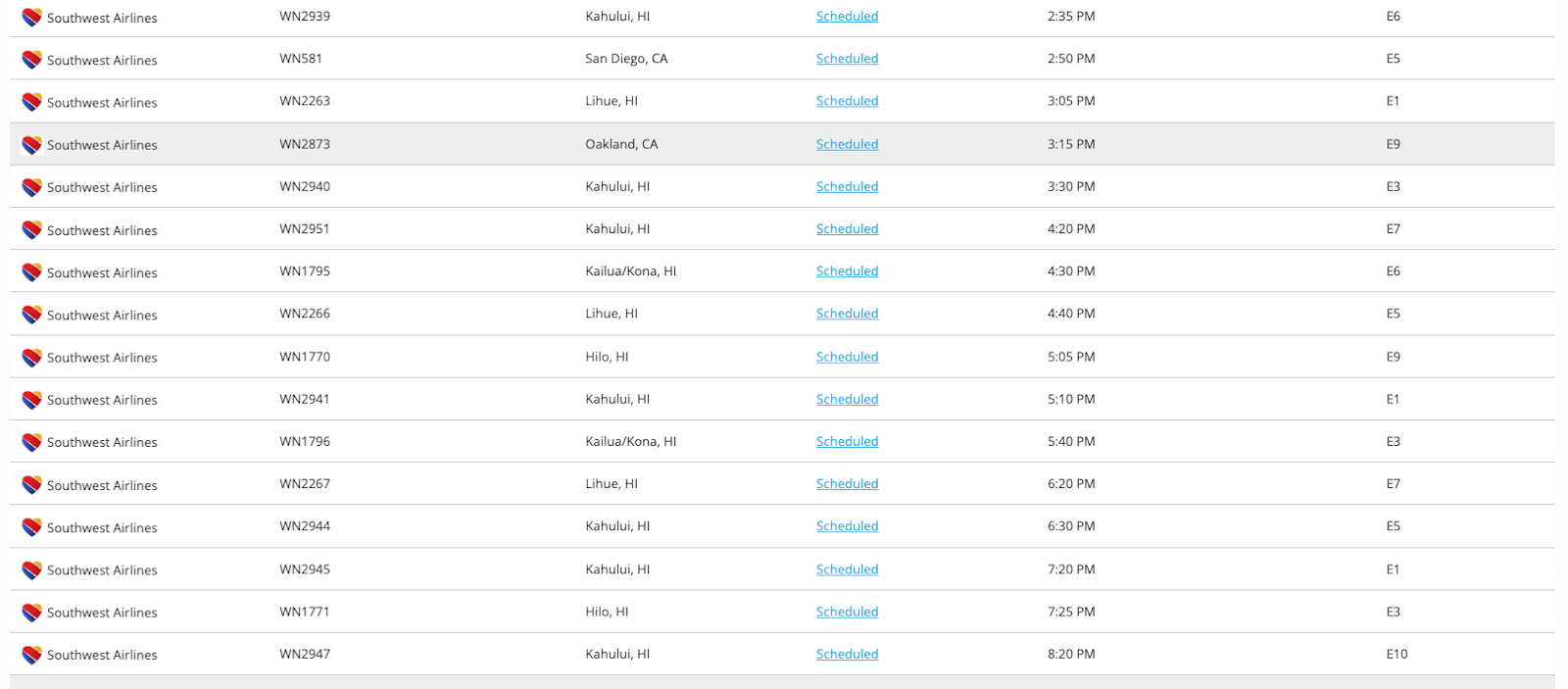
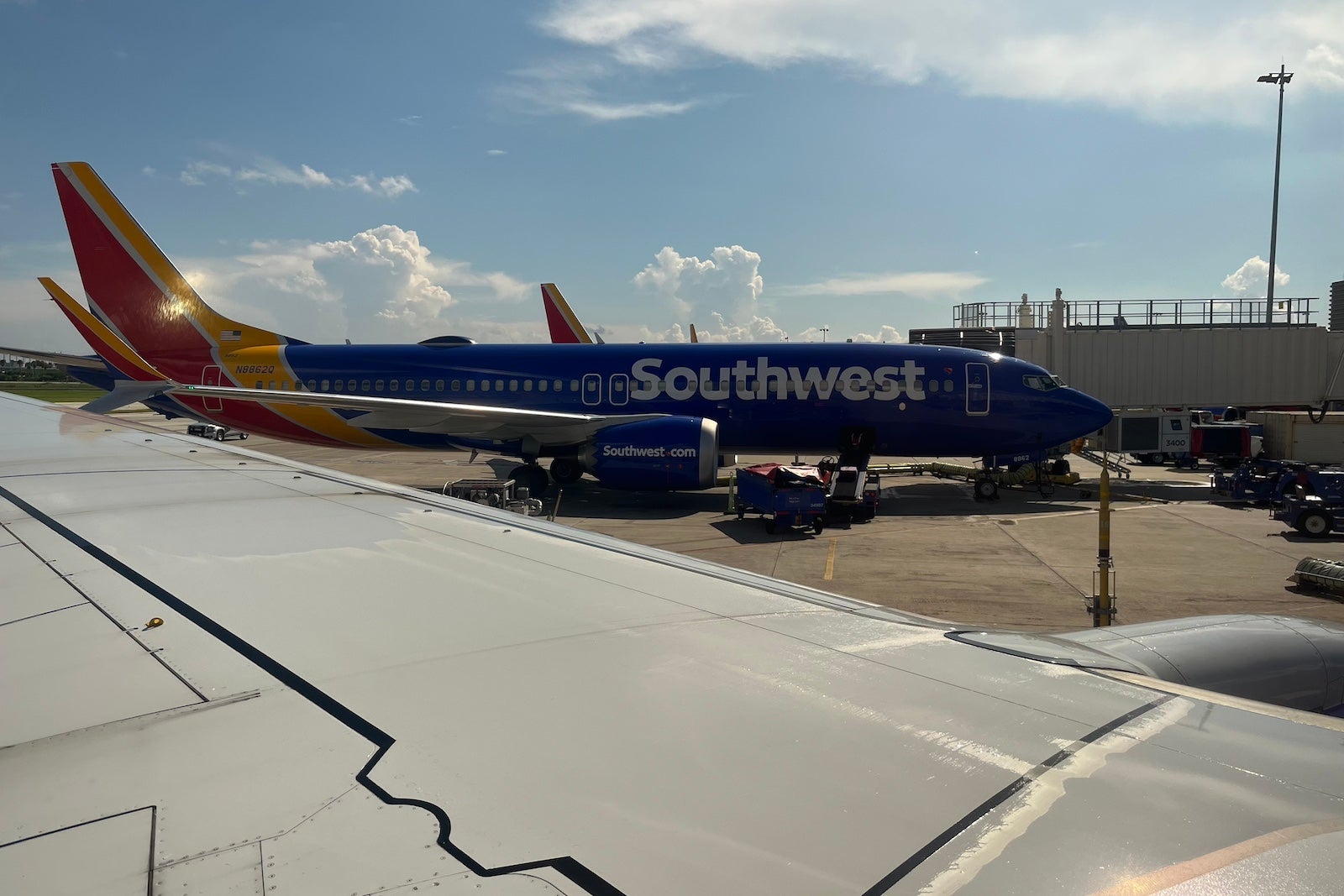
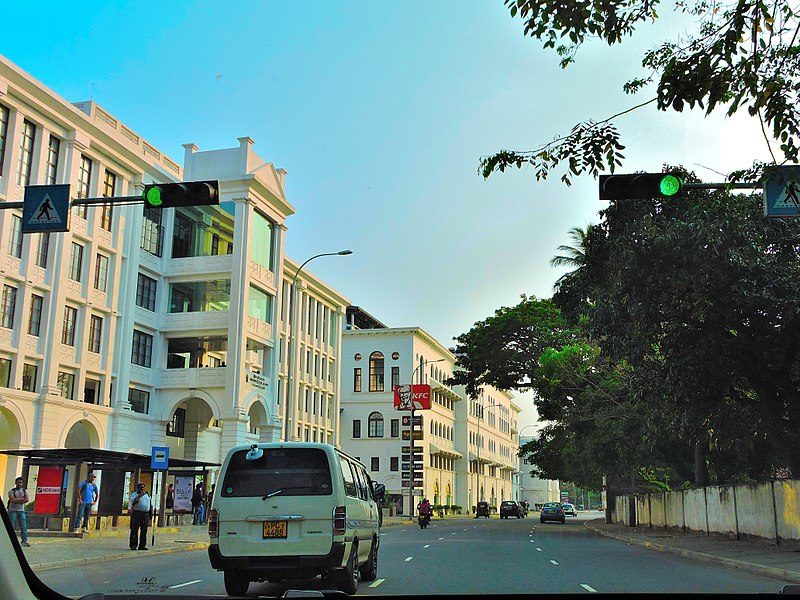


![[amanda bynes] before vs after drugs 😰 | #shorts #shortsfeed #fyp #amandabynes [amanda bynes] before vs after drugs 😰 | #shorts #shortsfeed #fyp #amandabynes](https://i.ytimg.com/vi/jqIT2ZCaxCg/maxresdefault.jpg)





Discussion about this post